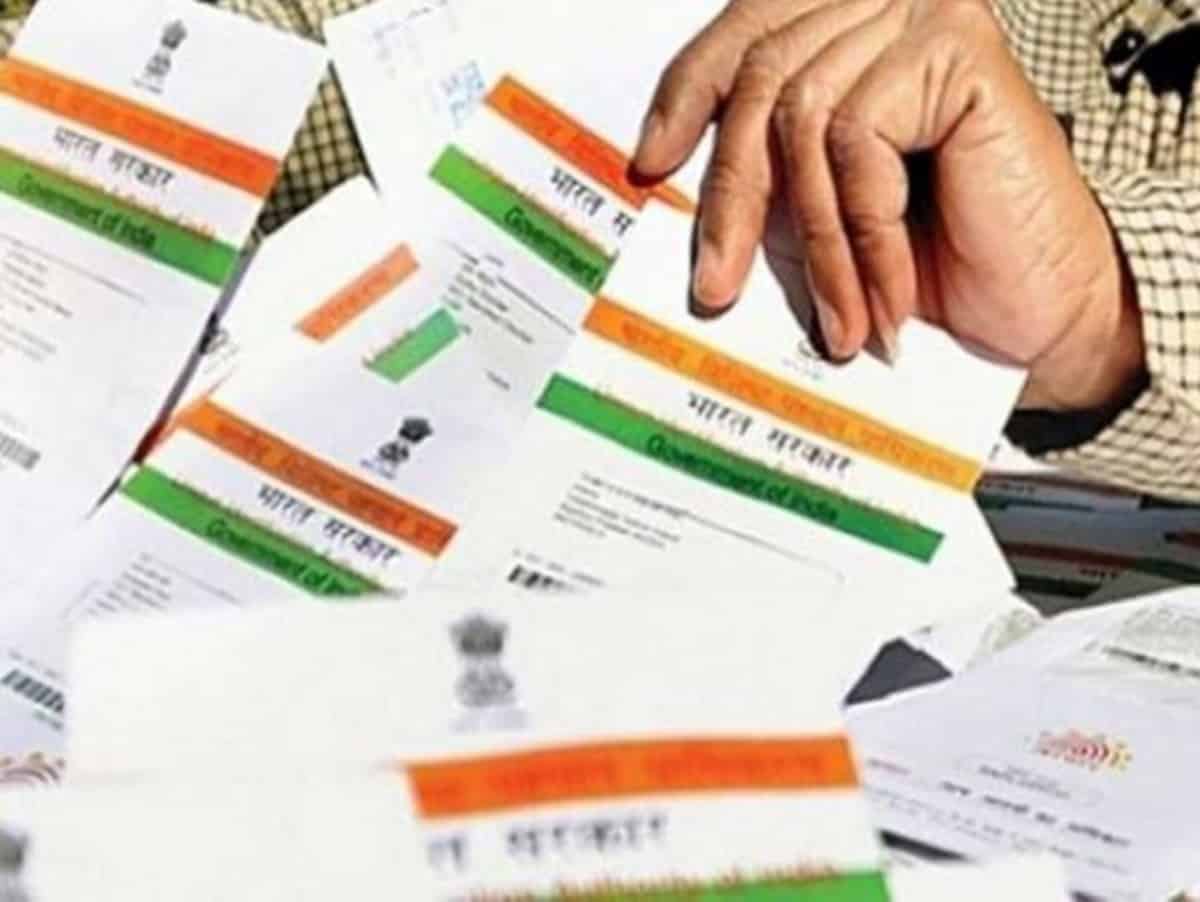
A year after the Comptroller and Auditor General (CAG) of India exposed “deficient data management” by UIDAI, India’s Aadhaar technology faces renewed scrutiny. A US-based global credit rating and investor service agency Moody’s Analytics has raised concerns over the reliability of Aadhar in India.
In the midst of India’s digital infrastructure expansion, Moody’s has raised concerns about the world’s largest digital ID programme, highlighting “frequent service denials, the unreliability of biometric technology in hot and humid conditions, and privacy and security risks.” These concerns were raised in a report published on September 21.
“The Unique Identification Authority of India (UIDAI) administers Aadhaar, aiming to integrate marginalized groups and expand welfare benefits access… The system often results in service denials, and the reliability of biometric technologies, especially for manual laborers in hot, humid climates, is questionable,” states the report by Moody’s.
Centre counters Moody’s report
The government asserts that Moody’s report lacks supporting primary or secondary data and cites security and privacy vulnerabilities in a centralized Aadhaar system. “Moody’s do not “cite either primary or secondary data or research in support of the opinions presented in it. The investor service did not make any attempt to ascertain facts regarding the issues raised by it from the (UIDAI),” it said in a statement.
“The report also avers that there are security and privacy vulnerabilities in a centralised Aadhaar system. The factual position in this regard has been repeatedly disclosed in response to Parliament questions, where Parliament has been categorically informed that till date no breach has been reported from Aadhaar database,” said the government.
CAG pulled up UIDAI
Pertinently, the CAG’s 2022 report revealed data-matching issues, authentication errors, and archiving deficiencies in Aadhaar, with some Aadhaar cardholder data remaining unmatched with their Aadhaar numbers even after a decade. CAG had also criticized UIDAI for lacking a data archiving policy, considered a vital storage management best practice.
Aadhaar, the world’s largest digital ID programme, is the de facto identity for over 1.3 billion Indians but faces challenges, including the burden of establishing authorisation and concerns about biometric reliability.
Jharkhand starvation deaths
As the government schemes (PDS, LPG, bank accounts, and farmer schemes) depend on Aadhaar, the worst-case scenario was witnessed in Jharkhand.
Jharkhand has experienced a rise in starvation deaths linked to Aadhaar. Many starvation deaths have been recorded in the past, with a number of them linked to Aadhaar. According to a report by Down to Earth, Dozens of people purportedly died of starvation in Jharkhand since September 2017. Many were unable to get ration from the public distribution system (PDS) due to lack of Aadhar.
Aadhaar-related starvation deaths prompted concerns about linking the PDS to Aadhaar, resulting in the denial of rations to beneficiaries due to biometric authentication issues.
Telangana High Court ruling
In a recent significant ruling, the Telangana High Court affirmed that an Indian citizen’s fundamental statutory rights cannot be denied based on not possessing an Aadhaar Card.
Amina Begum, the petitioner, had faced delays in receiving her Patta Passbook due to her inability to provide Aadhar details, exacerbated by technical glitches on the Dharani Portal and health issues. She suffered from diabetic neuropathy, as the result of which her hand fingerprints and the iris impressions could not be obtained.
The court invoked a Supreme Court judgment stating that citizens should not be deprived of statutory benefits solely due to the absence of an Aadhar Card. The judgment ordered prompt issuance of the patta passbook cum title deed to Amina Begum without insistence on her Aadhar Card details, emphasizing the protection of fundamental rights.
